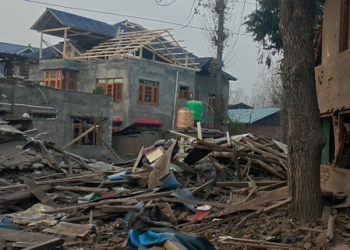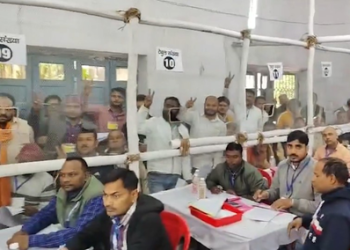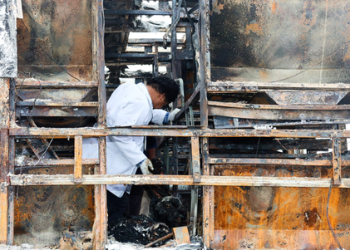Delhi Teen Brings Solar Solutions to Rural India

New Delhi, 14 November (WISHAVWARTA):- In a country where nearly 20% of rural households still face irregular electricity
supply, a Delhi student is helping bridge the gap with low-cost solar innovations. Ishan Puri, a
Class 12 student at Vasant Valley School, has been working with Gramlite Rural Solutions for
two years to develop and distribute sustainable lighting systems across India’s underserved
villages.
Puri’s initiative focuses on equipping residents in 17 villages across five states—including
Haryana, Punjab, Rajasthan, Uttar Pradesh, and Madhya Pradesh—with do-it-yourself solar
lamp kits. These compact units, assembled using locally available materials, have provided
reliable light to hundreds of homes while generating small-scale employment for rural youth.
Responding to frequent concerns about safety in unlit streets, Puri later helped prototype a
solar-powered streetlight system integrated with motion sensors and emergency alerts. Early
installations in parts of Haryana have reported improved night-time visibility and a decline in
local disturbances. The project not only reduced dependence on erratic grid power but also
generated livelihood opportunities and promoted climate-conscious entrepreneurship.
Building on this model, Puri has taken his innovations beyond India to the Global South—to
regions where electricity remains a privilege rather than a right. In partnership with
organizations in Sierra Leone, Zimbabwe, and Ethiopia, he is helping pilot solar streetlight
and home-lighting systems in urban settlements that rank among the most energy-starved in
the world. These areas often rely on kerosene and candles, posing safety and health risks that
his solar alternatives aim to replace.
The adaptation of Indian frugal innovation to African contexts demonstrates a powerful
exchange of ideas across the Global South—proof that scalable, community-led solutions need
not originate from the developed world. For Puri, the mission remains simple: to make access to
light not a matter of geography, but of human dignity






















